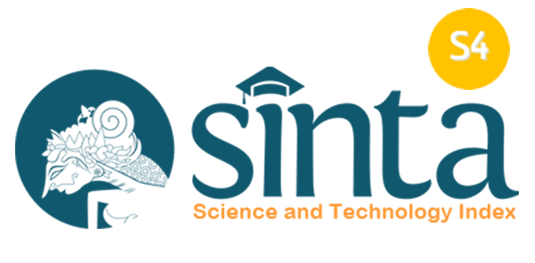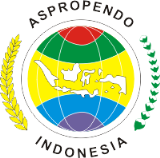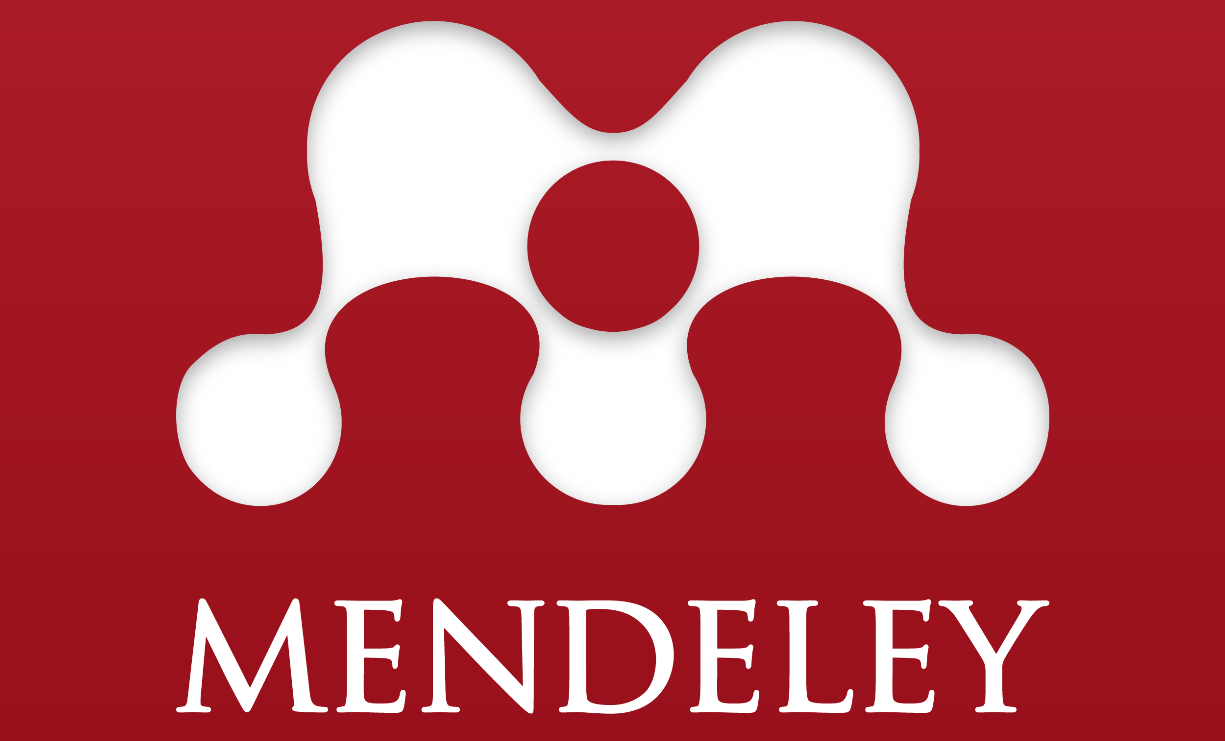PENGARUH PENERAPAN BLENDED LEARNING DALAM MODEL PEMBELAJARAN BERBASIS MASALAH (PBL) TERHADAP KEMAMPUAN BERPIKIR KREATIF SISWA DI MASA PANDEMI COVID-19
Abstract
Abstract: The problem in this study is the low creative thinking ability of students, seen from a preliminary study with a creative thinking ability test which showed that the majority of students scored below the Minimum Completeness Criteria. The purpose of this study is to describe: (1) there are posttest differences in creative thinking skills between experimental class students who were taught by the application of Blended Learning in a problem-based learning model and control class students who were taught using the lecture method. (2) there are differences in the improvement of creative thinking skills between experimental class students who are taught by applying Blended Learning in a problem-based learning model and control class students who are taught using the lecture method. This study uses a quantitative approach, a quasi-experimental method with a Non-equivalent Control Group Design research design. The research subjects were students of class X OTKP at SMK Patriot IV Ciawigebang in the academic year 2021. X OTKP 2 as the experimental class and X OTKP 5 as the control class with 47 students. Based on data processing and analysis, the results showed that there were differences in posttest thinking skills. creative students between the experimental class and the control class. And there is a difference in the gain of creative thinking skills between the experimental class students and the control class. it can be concluded that the application of Blended Learning in the problem-based learning model is declared to be more effective than the lecture method, and can be used as an alternative for educators to improve students' creative thinking skills.
Keywords: Blended Learning; Problem Based Learning Model; Creative Thinking.
Full Text:
PDFReferences
REFERENSI
Darmadi, Hamid. (2011). Metode Penelitian Pendidikan. Bandung: Alfabeta.
Helmawati. (2019). Pembelajaran dan Penilaian Berbasis HOTS. Bandung: PT. Remaja Rosdakarya.
Huda, Miftahul. (2013). Model-model Pengajaran dan Pembelajaran Isu-isu Metodis dan Paradigmatis. Yogyakarta: Pustaka Pelajar.
Husamah. (2014). Pembelajaran Bauran (Blended Learning). Malang: Prestasi Pustaka.
Munandar, Utami. (2012). Pengembangan Kreativitas Anak Berbakat. Jakarta: Rineka Cipta.
Sanjaya, Wina, (2016). Strategi Pembelajaran Berorientasi Standar Proses Pendidikan. Jakarta: Prenadamedia Group.
Sugiyono. (2009). Metode Penelitian Kualitatif dan Kuantitatif dan R&D. Bandung: Alfabeta.
Yaumi, Muhammad. (2018). Media dan Teknologi Pembelajaran. Jakarta: Prenadamedia Group.
Dewi, C. A. (2013). Pengaruh Blended Learning dalam Pembelajaran Berbasis Masalah (PBL) terhadap Hasil Belajar Mahasiswa IKIP Mataram pada Materi Pencemaran Lingkungan. Prisma Sains , Vol. 1 Nomor 1, 1-11.
Sigahitong, A. E. (2018). Pengaruh Model Problem Based Learning terhadap Kemampuan Berpikir Kreatif Peserta Didik SMA. Prisma Sains , Vol. 6, No. 2, 66-76.
DOI: https://doi.org/10.25134/equi.v18i2.4483
Refbacks
- There are currently no refbacks.













